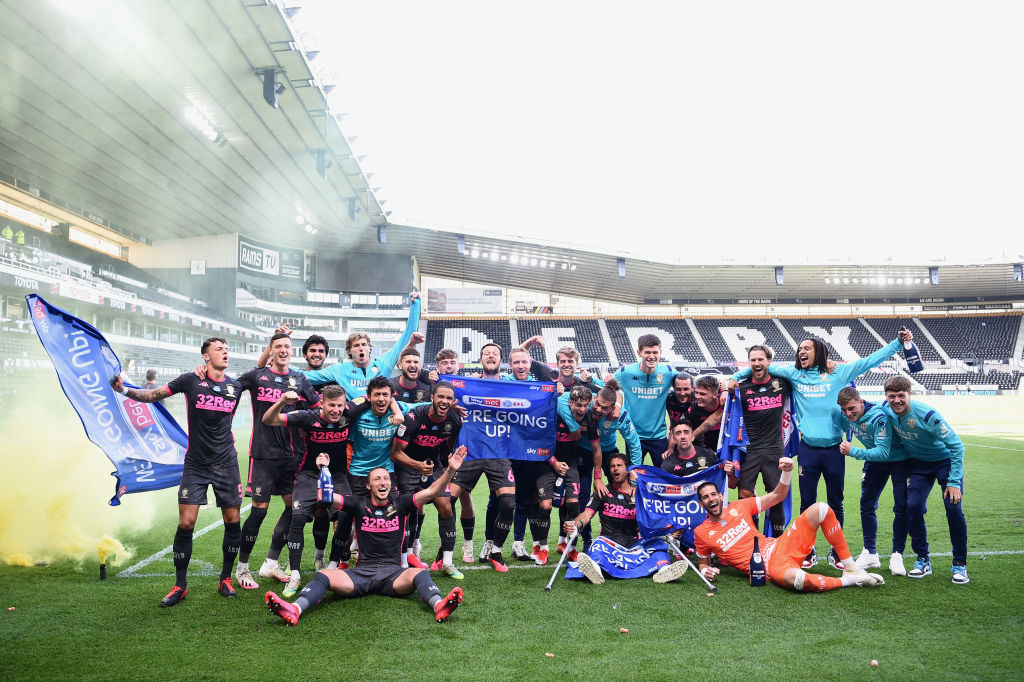When an English Football League Championship side gets promoted to the Premier League (the top tier in men’s football in England), they get a huge windfall that enables them to spend money on new signings to shore up their current squad. However, do newly promoted teams really need to spend big to compete in the Premier League?
Nottingham Forest, for example, who were promoted to the Premier League at the end of last season’s play-offs, recently spent a staggering £150 million on more than 15 new players for the squad, but after having already played 11 games, they are currently second from bottom of the league (in 19th place) with only 6 points. In other words, spending all this money has done very little for the club. Those heading to the City Ground this season – for more information on tickets, click here – for their first taste of the top tier in many years will have wanted to see a more cohesive side. However, it begs the question, could they be in a worse position if they hadn’t spent all this money? Find out here.
How much money does a Championship team receive for getting promoted to the Premier League?
According to reports, there’s approximately £100 million handed to each team that gets promoted from the English Football League Championship (the second-highest tier in men’s professional football) up to the Premier League. This can rise up to around £130,000,000 if they avoid relegation the following season.
However, if they do get relegated back down to the Championship League at the end of the very next season, that club would also receive what is known as a ‘Parachute Payment,’ which was introduced during the 2006/07 season. This is also a multi-million deal that is paid to the relegated clubs in regular instalments over a period of three or four years.
One of the teams to have benefitted the most from Premier League promotion money and parachute payments is Norwich City FC. The club has received millions, and they are well known for not overspending like Nottingham Forest, which has made them one of the richest clubs of its size. After relegation from the Premier League at the end of last season, they can still retain their squad and compete for promotion immediately – with the intention of accumulating enough talent to survive in the Premier League after promotion.
Do newly promoted teams need to spend big to compete in the Premier League?
It does not always bode well for a team to spend millions on bringing in new players. Other teams apart from Nottingham Forest that have also blown millions of their promotion revenue only to get relegated a season or two later are Leeds United, Fulham, Watford, Sunderland, and Sheffield United. However, spending relatively large sums of money on new players has occasionally helped some teams, such as Wolverhampton Wanderers and Brighton & Hove Albion.
Can teams who don’t spend big survive?
A team may have won every game and scored the most goals to win the Championship outright, but that doesn’t mean that their team will fare as well in the Premier League. The difference between the two leagues is huge, which is why newly promoted teams must bring in new players with Premier League experience to give the team more of a chance of not getting relegated at the end of the season.
It doesn’t mean that they have to spend all of their promotion money or plunge themselves into temporary debt. Instead, it just means they need to try and make more strategic decisions on who they bring to the club without breaking the bank. The chances of teams like Norwich City seriously being able to compete with the big six and finish in a top-six spot after spending big is still relatively low. So, perhaps, they are better off not spending too much.
Their main aim should be to try and avoid relegation so they can fight again in another season to claim that all-important television rights’ broadcasting revenue. It’s worth millions each year, and it’s money that simply cannot be earned in the Championship. Maybe after a few years of being in the Premier League, they should start to think about spending big.







